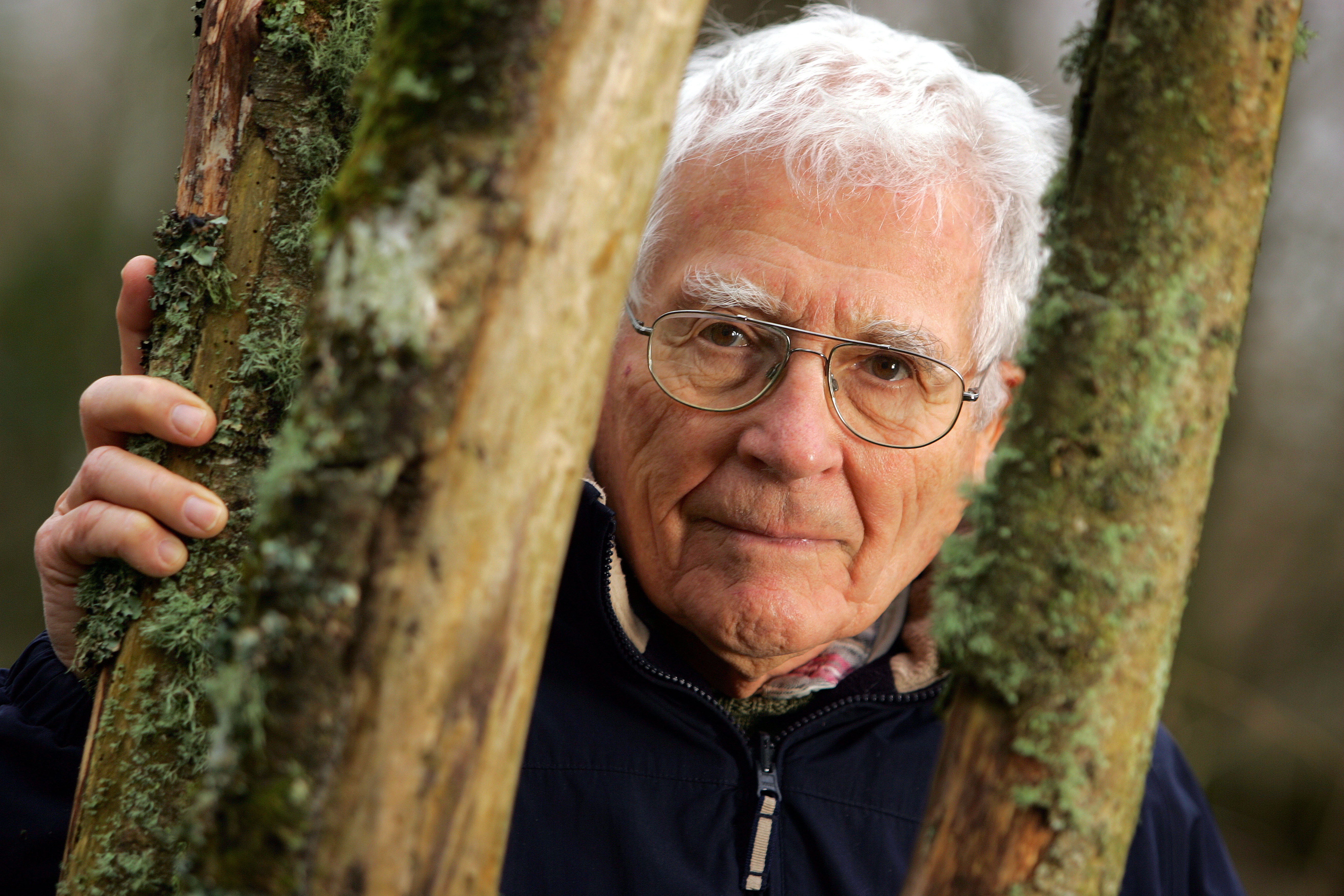
James Lovelock
James Ephraim Lovelock was a British independent scientist, environmentalist and futurist. He was best known for proposing the Gaia hypothesis, which postulates that the Earth functions as a self-regulating system. With a PhD in medicine, Lovelock began his career performing cryopreservation experiments on rodents, including successfully thawing frozen specimens. His methods were influential in the theories of cryonics. He invented the electron capture detector, and using it, became the first to detect the widespread presence of chlorofluorocarbons in the atmosphere. While designing scientific instruments for NASA, he developed the Gaia hypothesis. In the 2000s, he proposed a method of climate engineering to restore carbon dioxide–consuming algae.



